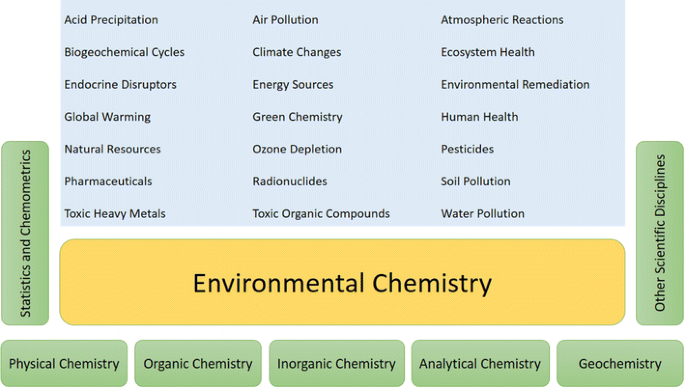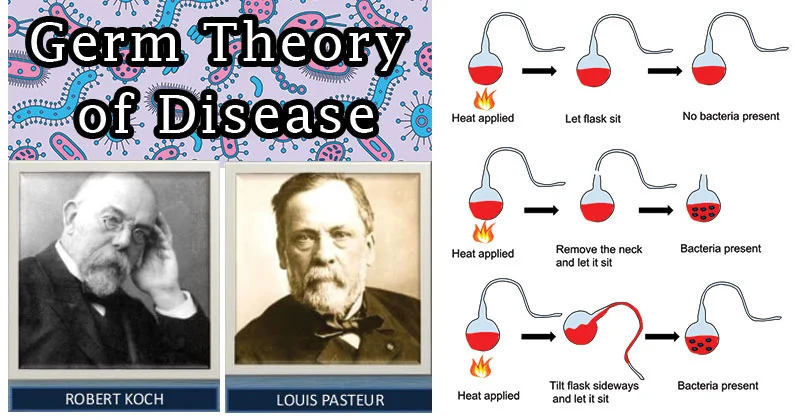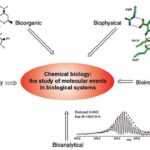Overview
Would the law of chemistry apply to germ theory? Chemistry and germ theory play a leading role in the better understanding of natural factors. Chemistry and germ theory are like a couple of subjects. One can never know about microorganisms without any of them. You can learn a lot about various diseases, their causative agents, and vaccination with the help of chemistry and germ theory. Germ theory is nothing without chemistry. Likewise, the process of vaccination, antiseptics, and antimicrobials is nothing without germ theory.

The basic laws of chemistry apply to germ theory. Scientists are trying to make effective vaccinations and antibacterial medications. Without chemistry or germ theory, you cannot thoroughly understand the natural world.
What is Chemistry?
Chemistry provides us with knowledge about the chemical composition of various substances and organisms. We can learn about matter’s molecular and atomic behavior in several states. Moreover, chemistry is essential to understanding and better creating various chemicals of microorganisms according to their chemical compositions.
What is Germ Theory?
Germ theory states that certain microorganisms are responsible for certain diseases. Well-known scientists like Louis Pasteur and Robert Koch proposed germ theory in the 19th century. They postulated that every infectious disease is due to certain microorganisms (bacteria, viruses, protozoa, and fungi). This theory proved helpful in saving millions of lives later on. Germ theory is assistive only in finding certain causative agents for specific diseases. One cannot create a vaccine with germ theory only. He will need proper chemical composition. You will have to understand the chemistry of microorganisms to treat infectious diseases due to them.
The Intertwining of Chemistry and Germ Theory
The collaboration of chemistry and germ theory is proving helpful. This collaboration is helping scientists to understand the natural world in a better manner. The intertwining of germ theory and chemistry helps us understand the chemistry of microorganisms. The following are some collaborations of chemistry and germ theory.
Related Topic=What is Applied Research in Chemistry?
Chemical Properties of Microorganisms and Germ Theory
You cannot know the chemical composition of microorganisms without the assistance of chemistry. Would the law of chemistry apply to germ theory? It is essential to know about the pH, minimum and maximum temperature to kill microorganisms, certain irritants, and other factors that can restrict the growth of microorganisms (fungi, bacteria, viruses, protozoa, and algae). The information about all these factors is necessary to produce an effective vaccine, antiseptic, antiviral, and antibacterial medications.
Information about the chemical composition of microorganisms is necessary. Otherwise, scientists cannot make an effective vaccination against microorganisms. An effective vaccine must affect most of the factors of microorganisms.
Environmental Chemistry and Germ Theory
Environmental chemistry (intertwining with germ theory) provides us with knowledge about various factors that trigger the growth of microorganisms. Environmental chemistry is necessary to observe nutrient content, water content, temperature, and other factors that can affect the growth of microorganisms. Firstly, information on microorganisms affecting factors is necessary. It will help scientists to prepare medications that are against microbial growth-increasing factors. This collaboration is essential to produce effective vaccines. Otherwise, the vaccination will affect the microorganisms a little bit. It will not kill the microorganisms thoroughly.

Importance of Collaboration of Germ Theory and Chemistry
Would the law of chemistry apply to germ theory? This collaboration is necessary for the following reasons:
- The intertwining of chemistry and germ theory is necessary to understand microorganisms in a better way.
- You cannot create antimicrobial medications without knowing their chemistry.
- The knowledge of causative agents for certain diseases is necessary before knowing about their chemistry.
- The laws of chemistry provide necessary information about the pH, minimum temperature for microorganisms, maximum temperature for microorganisms, and other factors.
- Inspection of microbial growth-affecting factors is necessary to produce an effective vaccine against the microorganisms.
FAQs
What is germ theory?
Germ theory states that certain microorganisms are responsible for certain diseases. Well-known scientists like Louis Pasteur and Robert Koch proposed germ theory in the 19th century. They postulated that every infectious disease is due to certain microorganisms (bacteria, viruses, protozoa, and fungi). This theory proved helpful in saving millions of lives later on. Germ theory is assistive only in finding certain causative agents for specific diseases.
Why is the intertwining or collaboration of chemistry and germ theory necessary?
The collaboration of chemistry and germ theory is proving helpful. This collaboration is helping scientists to understand the natural world in a better manner. The intertwining of germ theory and chemistry helps us understand the chemistry of microorganisms.
Are the laws of chemistry applicable to germ theory?
Yes! The basic laws of chemistry apply to germ theory. The laws of chemistry are necessary to understand the natural world in a better way. Germ theory is nothing without chemistry. It is valueless if the laws of chemistry are not applicable in germ theory.
Conclusion
Chemistry and germ theory play a leading role in the better understanding of natural factors. Chemistry and germ theory are like a couple of subjects. One can never know about the natural world without any of them. The knowledge of causative agents for certain diseases is necessary before their chemistry. The laws of chemistry provide information about the pH, minimum temperature for microorganisms, maximum temperature for microorganisms, and other factors. Inspection of microbial growth-affecting factors is necessary to produce an effective vaccine against the microorganisms. Germ theory is nothing without chemistry. It is valueless if the laws of chemistry are not applicable in germ theory.

Hello Everyone!! This is Sonia Inam. I am Chemist, have Done Masters in Chemical Sciences (along with ADS). I Basically Majored in all the Chemical Sciences. I Have worked as a Research Chemist on the “Structure and Bonding in Metal” Project. Hopefully, I Can be of some help to People on the Forum.






